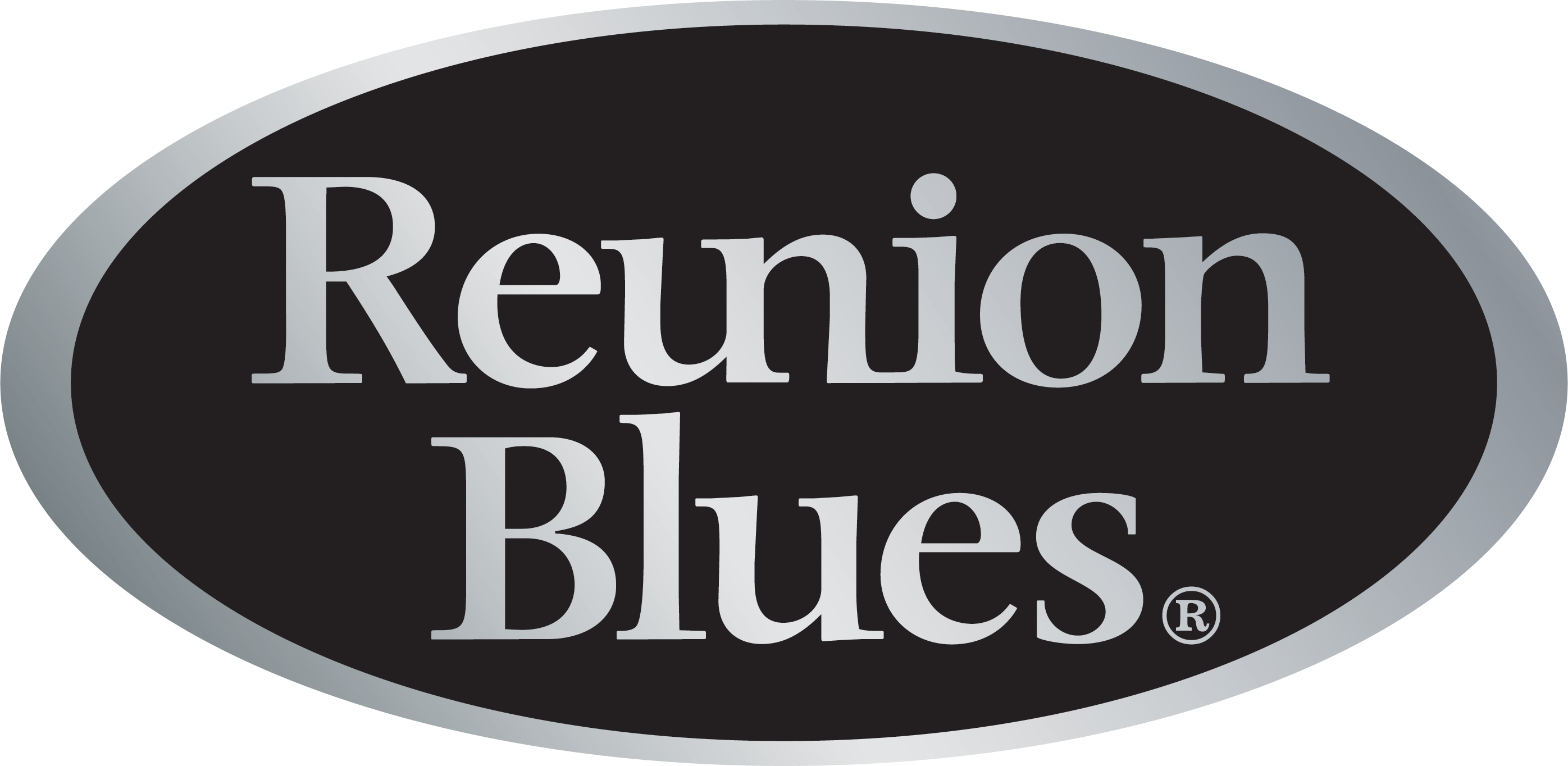Finding a Legitimate Music Lawyer, Pt. 2
Deal shopping occurs when a lawyer or attorney approaches a record company and/or and music publisher in attempts to get a record or publishing deal for the artist they represent.
The tricky thing is that it can occasionally be seen as sketchy or odd for a lawyer to promote an unsigned artist directly to a record label. Some labels do not care for this as they assume that, due to their status, they would already be aware of any sensational on-the-rise artists.
So, why might you want to seek out a lawyer who engages in deal shopping? Any legal professional who successfully engages in deal shopping is likely to have a good deal of experience. As the client, you can ask to see proof of past deals and get a sense of the level at which the lawyer is working. What sort of access do they have to various labels, artists, and other industry individuals through their experience and networking? These connections create opportunities for a sort of ‘professional vouching’ as a recommendation to a label from a well-known layer may be taken more seriously, giving you a higher chance of being brought in.
In any case, be sure to clarify compensation with your lawyer as commission only (a percentage of what you would earn from any legal deal) so that you do not have to front the cost. If your lawyer is resistant to commission-based payment, it may be a sign that he or she does not envision their “shopping efforts” being very successful and that you should consider an alternative legal partner.
So now, how can we narrow our search even further? Let's get into actual lawyer acquisition methods.
Firms: Small vs. Big
If you are in need of a law firm (a group of several lawyers that deals with projects that are too big or complex for a single lawyer to handle) we suggest you check both scenarios.
- Small Firm: A small firm has a few lawyers and small work force, allowing them to have a more personal relationship with you. They may not have all the answers to your questions at a moment's notice, but they will help you figure out the best outcome according to your need and take care of you as a client. They also operate at lower hourly rates so they will not cost as much as a large firm.
- Large Firm: Large firms typically have experience and expertise in spades. They are responsible for handling complex tax issues and any problems you may have with your music or merchandise. Working with a large firm tends to be stricter and more regulated as you are processed like any other client according to their regulations.
It is unlikely that you will require a large law firm at the start of your career unless you are already a viral star with a very large fan base. Even so, both types of firms are equipped to handle artists and it is more a matter of what you feel will suit you and your business needs best.
